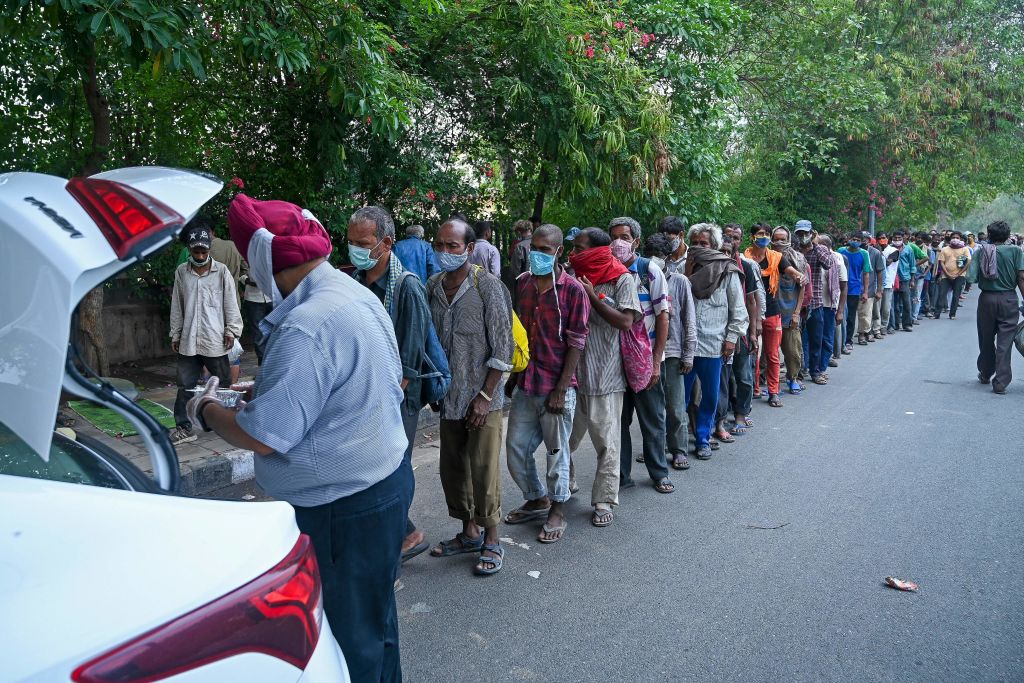- Friday, April 26, 2024

By: Pramod Kumar
INDIA has slipped by two places to 117 on the 17 Sustainable Development Goals (SDGs) adopted as a part of the 2030 agenda by 193 UN member states in 2015, the State of India’s Environment Report 2021 has revealed. India’s rank was 115 last year.
Major challenges in the country like ending hunger and achieving food security (SDG 2), achieving gender equality (SDG 5) and building resilient infrastructure, promoting inclusive and sustainable industrialisation and fostering innovation (SDG 9) have contributed to the drop in rank this year.
India ranks below Bhutan, Nepal, Sri Lanka and Bangladesh in the latest list.
According to the report, the overall SDG score of India is 61.9 out of 100.
The report said Jharkhand and Bihar are the least prepared to meet the SDGs by the target year 2030.
While Jharkhand lags in five of the SDGs, Bihar lags in seven.
States which are on the path to achieving the SDGs are Kerala, Himachal Pradesh and Chandigarh.
The 2030 Agenda for Sustainable Development, was adopted by all UN member states in 2015, which provides a shared blueprint for peace and prosperity for people and the planet, now and into the future.
There are 17 SDGs which are an urgent call for action by all countries – developed and developing – in a global partnership.
The report added that India ranked 168 out of 180 countries in terms of Environmental Performance Index (EPI) which is calculated on various indicators, including environmental health, climate, air pollution, sanitation and drinking water, ecosystem services and biodiversity.
India’s rank was 172 in the environmental health category, which is an indicator of how well countries are protecting their populations from environmental health risks.
According to a report by Yale University last year, India ranked 148, 21 positions behind Pakistan which was at 127th position in the category of biodiversity and habitat.
It assesses countries’ actions toward retaining natural ecosystems and protecting the full range of biodiversity within their borders.
![]()